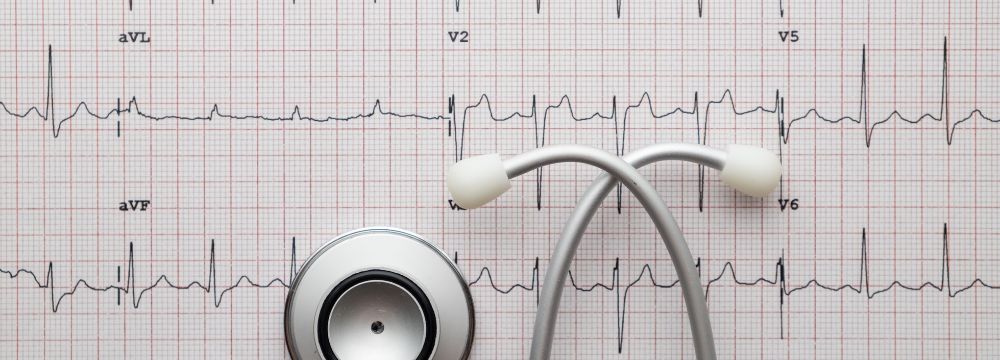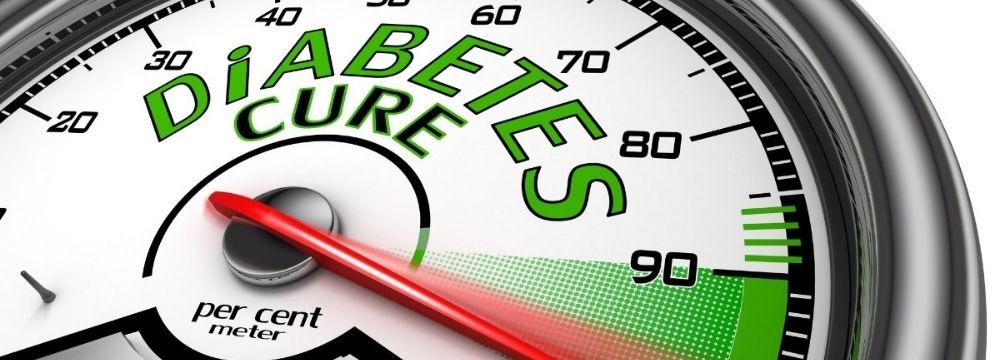Health
What is “Men’s Health Month?”
June is National Men’s Health Month! If you weren’t already aware, this month brings awareness to the health issues that all men face. As we know, scientifically men and women hold a lot of differences and threats to their precious bodies, which is why it is highly imperative to research your own health regardless of your gender.
The Goal
Hosted by Men’s Health Network since 1992, the month of June is purposely dedicated to enriching men’s health and wellness through a broad spectrum of national screening and educational campaigns. It is essential and extremely important that there are outlets for men to learn about their well-being and how to protect it at all costs. The goal here is to prevent unawareness to those who may not pay very much attention to the potential damage their body can do to them.
This month gives healthcare providers as well as individuals an opportunity to encourage men and boys to seek regular medical advice and early treatment for disease and injury.
Senior Men 65+
You’ve made it this far, however, don’t stop maintaining good health! For senior men, there are a lot of risk factors in their age alone and not making sure they’re receiving regular check-ups at the doctor.
Some general risk factors are:
- Abdominal aortic aneurysm
- Blood pressure
- Colorectal Cancer
- Depression
- Diabetes mellitus, type 2
- Lipid disorders
- STD
Weight Loss and Weight Gain health risks:
- Diet and exercise have a lot to do with maintaining a healthy body. Older men have specific dietary needs. They need more calcium, vitamin D, fiber, and potassium. Experts recommend limiting fat calories to 20 to 35 percent of your diet and suggest the following guidelines for daily calorie needs for men 50 and over:
- Not active: 2,000
- Moderately active: 2,200 to 2,400
- Active: 2,400 to 2,800.
Additionally, it is recommended that senior men try to incorporate 30 minutes of physical activity, up to 5 times a week into their daily schedule (physical limitations, permitting.)










